People
Faculty
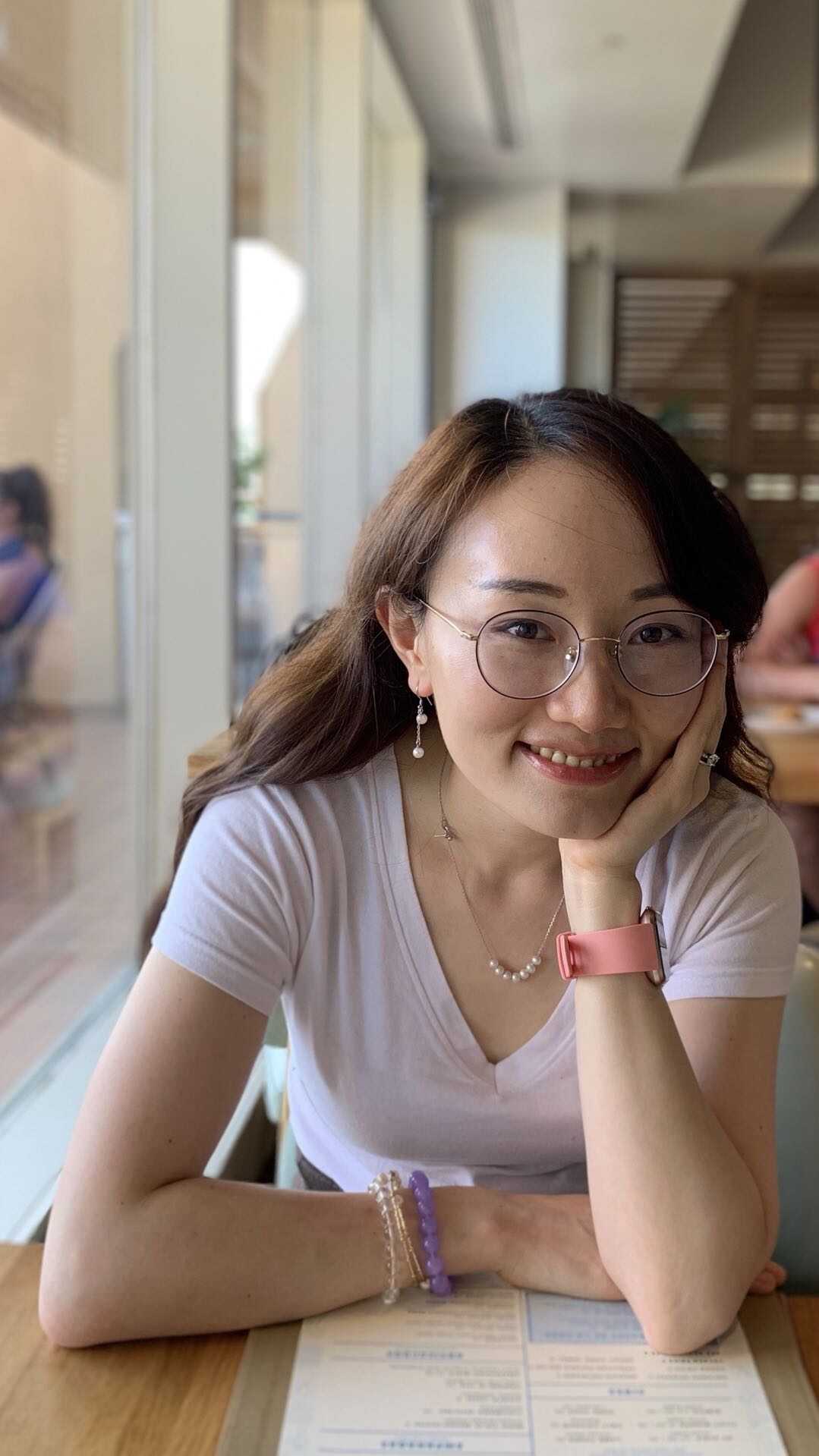
Yan Leng
Yan Leng is a Ph.D. candidate at the MIT Media Lab. She will join the McCombs School of Business, the University of Texas at Austin as an Assistant Professor in Fall 2020. She holds master degrees in Computer Science and Transportation Engineering, both from MIT. Yan is a network scientist working on social science problems. Her research lies in the intersection of machine learning, network theory, and causal inference. She uses large-scale behavioral data to understand collective human behavior over social networks and builds computational techniques for solving societal and organizational issues.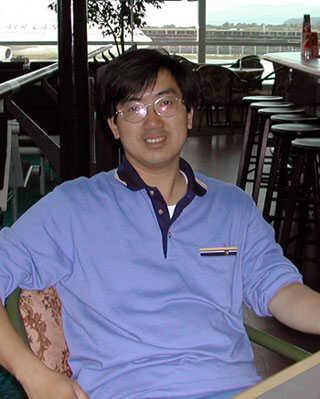
Jar-Der Luo
Luo Jar-Der is a professor of Sociology Dept., Tsinghua University in Beijing, director of Tsinghua Social Network Research Center. He earned his Ph.D degree in Sociology Dept. of State U. of New York at Stony Brook. He researches numerous topics in social network studies, including social capital, trust, social network in big data, self-organization process and Chinese indigenous management researches, such as guanxi, guanxi circle, and favor exchanges.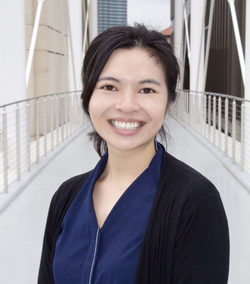
Margaret Ng
Margaret Ng is an Assistant Professor of Journalism and Computer Science at the University of Illinois Urbana-Champaign. Her current research is on (1) technology use discontinuance, (2) technology and information diffusion, and (3) social media in news contexts. Methodologically, she takes a hybrid approach that combines big data, machine learning, as well as survey, and experimental research on media platforms. She received her Ph.D. in Journalism at the University of Texas at Austin. Ng was an advanced analytics intern at Pew Research Center’s Data Labs and worked as a news artist at National Geographic Magazine, The Seattle Times and a data reporter for The Center for Public Integrity.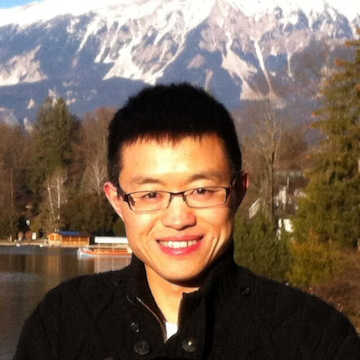
Jie Tang
Jie Tang a Full Professor and the Associate Chair of the Department of Computer Science and Technology of Tsinghua University. He obtained my Ph.D. in DCST of Tsinghua University in 2006. His research interests include artificial intelligence, data mining, social networks , machine learning and knowledge graph, with an emphasis on designing new algorithms for mining social and knowledge networks. Dr. Tang has published more than 200 journal/conference papers and hold 20 patents. He served as PC Co-Chair of CIKM’16, WSDM’15, Associate General Chair of KDD’18, and Acting Editor-in-Chief of ACM TKDD, Editors of IEEE TKDE, IEEE TBD, and ACM TIST. He is leading the project AMiner.org for academic social network analysis and mining, which has attracted more than 10 million independent IP accesses from 220 countries/regions in the world. He was honored with the UK Royal Society-Newton Advanced Fellowship Award, CCF Young Scientist Award, NSFC for Distinguished Young Scholar, and KDD’18 Service Award.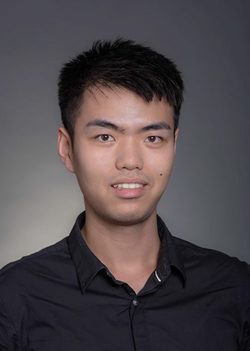
Yuan Yuan
Yuan Yuan is a PhD Candidate in the Institute for Data, Systems, and Society (IDSS) at Massachusetts Institute of Technology. He researches social and economic networks by applying cutting-edge computational methods, including machine learning, causal inference, and experimental design, to large-scale network data. He is especially interested in how social ties are formed and stabilized, and how social ties mediate social contagion, social exchange, prosocial behavior, and information diffusion. Yuan’s thesis advisor is Prof. Sandy Pentland. Yuan considers himself as a computational social scientist who cares a lot about research methodology.Speakers
